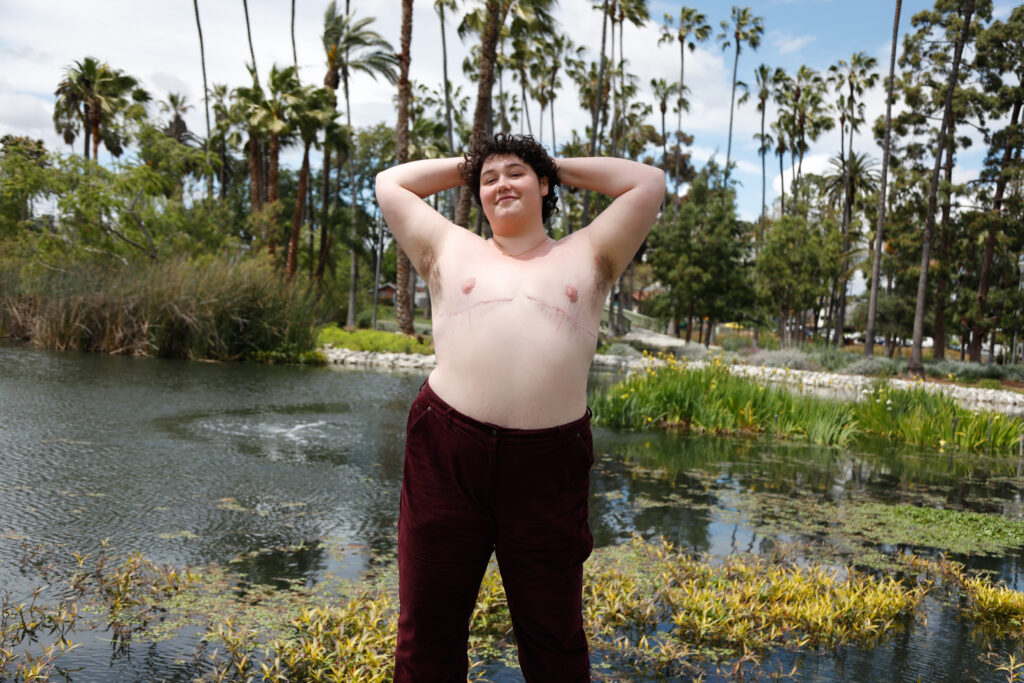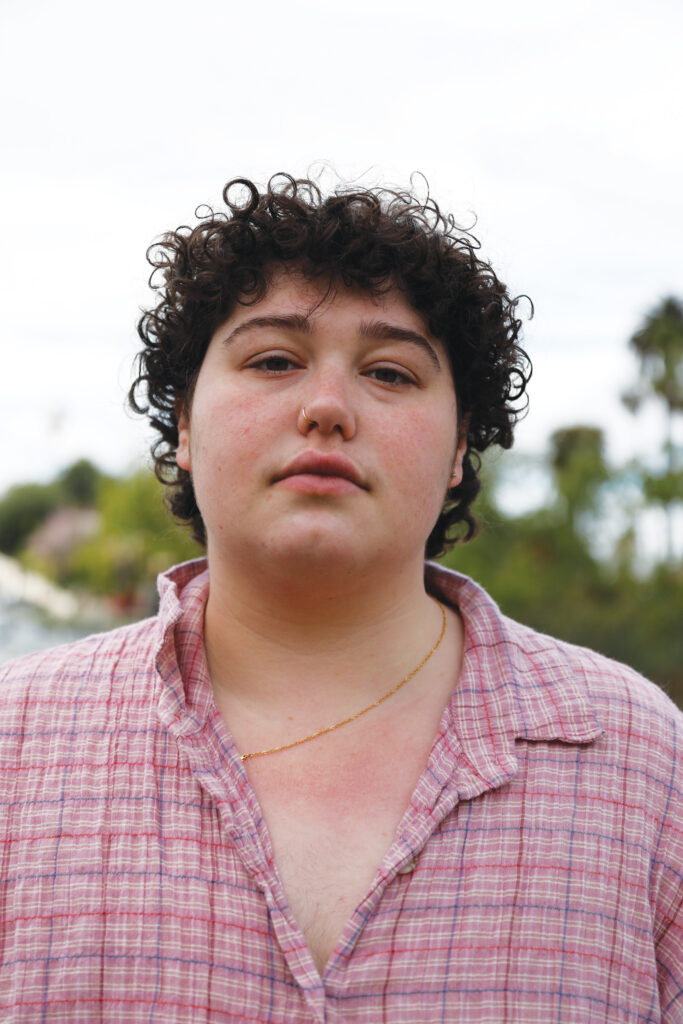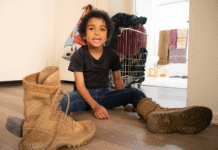
Looking in the mirror and feeling disgusted, trying to conceal what didn’t seem connected, feeling out of place while struggling with the feeling of being misplaced.
“I always knew that I couldn’t stand my tits, but I didn’t know what that was about. I always was like, ‘Oh, I guess I need a boob job.’”
Han Gottlieb soon realized that they were trans after listening to other transgender people when they were in college. After accepting their gender, Gottlieb started to seek gender affirming care.
“Someone who could help me legitimize my feelings, outside of my own head, was very gender affirming,” Gottlieb said.
Many people go into therapy for gender affirming care because it has been known to increase happiness.
“Most people come to therapy because they’re not feeling happier, because something in their life doesn’t feel meaningful and they are seeking more joy, more happiness, and they’re hoping that therapy can help them with that,” expressed Britt Kusserow, a licensed therapist in California who specializes in working with the LGBTQIA+ community.
Having the validation that Han’s brain was craving, Noah Gottlieb, Han’s older brother, noticed a large change in their happiness.
“It was all they were thinking about,” Noah Gottlieb said. “It’s the most comfortable I’ve seen them in their body in a very long time, which also contributes a lot to their happiness.”
Gottlieb’s first step toward reaching gender euphoria was trying to use a binder. Once they realized that a binder could not safely fit their chest, they decided to get a breast reduction.
“I was so happy right after because they had bound my chest after the reduction and I was like, ‘Oh my god, I look amazing.’”
But Gottlieb felt that something was still off regarding their physical appearance. They thought that the reduction would have been a bigger change than they originally expected.
“As the recovery process continued, I kept asking, ‘Is the swelling gonna go down? Like, are they gonna get smaller?’ And it was then that I realized that I needed top surgery,” Gottlieb said.
Once Gottlieb received top surgery, they were comfortable in their own skin for the first time in a long time.
“My dysphoria is so quiet, and I’m really happy,” Gottlieb said.
Because Gottlieb has struggled with gender dysphoria, they can relate to other transgender people on another level. Being able to bond with other people within their community has brought them happiness.
“Seeing trans people thrive makes me happy,” Gottlieb said. “They can be strangers, but if I see them thriving, then it’s a win. It brings me joy.”
In addition to Gottlieb’s passion for the trans community, they are passionate about their painting project, “But You Have Such A Pretty Face,” which represents more diverse body types.
“I like to paint statuesque bodies but in diverse body types,” Gottlieb said. “I prefer to make fat bodies, trans bodies, just bodies that I don’t see represented in high art as much.”
Gottlieb has experienced the barrier that society has built around people’s physical appearance and the difficulty of finding work as a transgender person.
“I think it’s so funny when people are like, ‘Oh my gosh, but there’s so much trans representation now,”’ Gottlieb said. “It’s the same kind of trans representation over and over.”
A large struggle that the LGBTQIA+ community deals with is finding strong support and advocating for representation.
“I saw that systems were not in place to necessarily work with or for queer people in an affirming way,” Kusserow said. “Finding the resources that benefit people who are searching can be extremely tough.”
Finding the right resources from gender affirming care to mental health is not an easy task. Mental health can often include dealing with food difficulties. Like many people, Gottlieb has gone through, and still is dealing with an eating disorder. Gottlieb is not yet through the tunnel, but they have found a quiet stop with an overhead lantern on the way.
“I’ve loved pickles since I was a little kiddo,” Gottlieb said. “I used to take an entire jar of sliced pickles, put them in a bowl, cut them up, eat them and call it pickle salad.”
With Gottlieb being able to feel comfortable in their own skin and finally finding a community that accepts them, their hope is that fellow trans people also are able to find happiness.
“You’re not alone,” Gottlieb said. “I would tell them that they’re so loved, and that just because they don’t feel like they belong right now doesn’t mean that they won’t later on. Belonging is relative to where you are. So it might feel like everyone around you is the entire world, but the world is so much bigger than a handful of people.”





